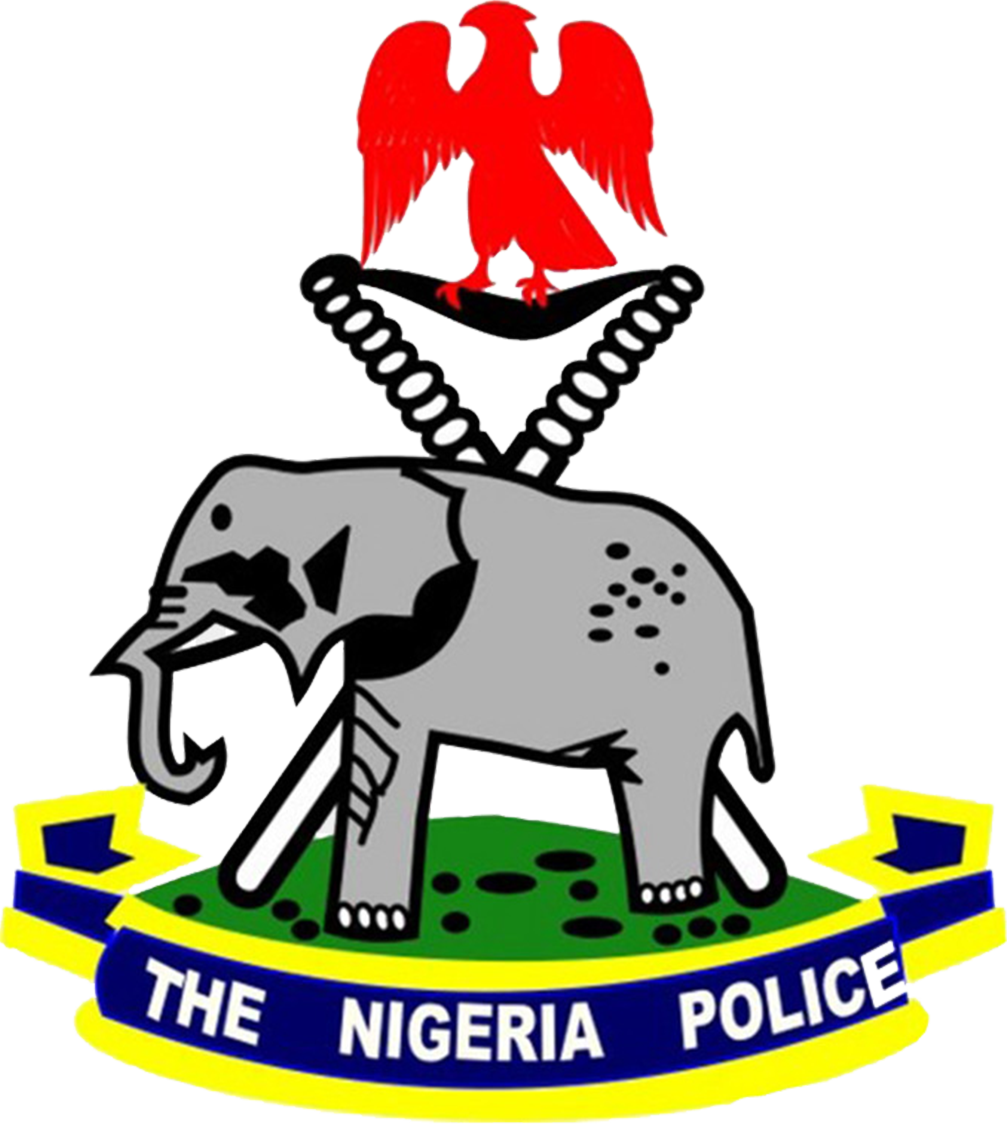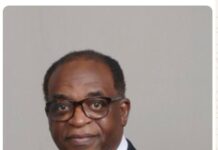 I sympathize with Mallam Nuhu Ribadu, ex-Chairman of the Economic and Financial Crimes Commission (EFCC) and more recently Chairman of the Petroleum Revenue Special Task Force (PRSTF). It is often said that once bitten twice shy. That best describes the situation Ribadu found himself a week ago during the submission of his committee’s report to the president.
I sympathize with Mallam Nuhu Ribadu, ex-Chairman of the Economic and Financial Crimes Commission (EFCC) and more recently Chairman of the Petroleum Revenue Special Task Force (PRSTF). It is often said that once bitten twice shy. That best describes the situation Ribadu found himself a week ago during the submission of his committee’s report to the president.
Nine months ago when the public awoke to the surprise appointment of Nuhu Ribadu to head the PRSTF, it set tongues wagging. Many Nigerians had questioned the wisdom in accepting the job. The objection ranged from the fact that the committee was set up by the Minister of Petroleum Resources (who is deeply enmeshed in the controversy that dogs the oil sector) and not the president, to the fact that for an administration with a predilection for committees, this may just be another committee. The cynics had argued that it was an attempt to shore up the government’s integrity deficit and boost its anti-corruption credentials.
I was one of those who had some reservations about Ribadu’s appointment, but I did not make my feeling public. Even though I had worked with him closely at the EFCC and much later during his presidential campaign, I didn’t attempt to discuss his new job with him. I assumed that as a man of strong convictions, he had his reason for accepting the job.
I met Ribadu in late August. Prior to that meeting, we had not seen for eight months since the public presentation of my book, Time to Reclaim Nigeria, in Abuja, on December 15, 2011, which meant there was a lot of catching up to do. Part of our discussion centred on his committee’s work. He expressed his frustration and explained some of the problems his committee encountered. He hinted about the pecuniary influence from oil “stakeholders” and the possibility of divided allegiance of some members of the committee.
Listening to him, I got a feeling that his was a committee primed to fail. I saw a man tormented by betrayal, yet upbeat. What was of interest to him was what to do to curb the monumental fraud his committee had discovered in the oil industry. He sounded to me like someone who knew the inevitable outcome of the report, but wanted to give the administration the benefit of the doubt.
Looking back, I am not sure he knew or felt at the time of our meeting that the government was contemptuous enough to undermine the report of a committee it set up. I left him and looked forward to the submission of his committee’s report. The submission of the report turned into a fiasco, predictably so. So much has been written about the events surrounding the presentation of the PRSTF report to President Jonathan on November 2. What is missing in the narrative is the complicity of the Presidency, the Minister of Petroleum Resources and major oil multi-nationals in the effort to scuttle the work of the PRSTF.
For a man who promised to do things differently, President Jonathan is awfully predictable. Last week, as the nation waited patiently for the submission of the PRSTF report, I had noted that we would be treated to the same rhetoric that has become the hallmark of the Jonathan administration. It was exactly what happened; except that this time, the president conspired to embarrass himself and the entire nation.
When Reuters first put the PRSTF report in the public domain a little over two weeks ago, the Presidency promised that there was no attempt to “cover up” the findings of the committee. Diezani Alison-Madueke, Minister of Petroleum Resources, said a committee had been given ten days to look at the report and make some “input”. The minister had received the report more than a month earlier, but decided to sit on it.
So what happened? Here is my take: I think the government was caught in a bind, it panicked and the result was the embarrassing situation that played itself out on November 2. The Presidency, it seemed, had been wondering what to do with the PRSTF report since August when it was submitted to the Minister of Petroleum Resources. A minority report by members who weren’t “comfortable” with the main report may have been an option. But once the report became public, it changed everything. Enter Steve Oronsaye and Bernard Otti.
It is instructive that the report the Minister of Petroleum Resources promised would be ready in ten days was not presented to the president as expected. Instead, Oronsaye and Otti made themselves available or were recruited to wreck the final report submitted to the president. Their only reason: “the process adopted by the committee in arriving at its report was flawed”.
Oronsaye’s verbal diarrhea at the submission of the PRSTF report could only have come from a man who had the backing of the Presidency. “What I am saying is that the President has said come and submit the report, so what, if we are not ready, we are not ready,” Oronsaye asserted confidently and condescendingly. “When I say so what, the President has spoken, we should be man enough to tell the President that we are not ready. That is the reason why you are handing over a report that is not process driven”.
Two things are at play here. One, only a man that is incredibly reckless would speak the way Oronsaye spoke before the president. I don’t think Oronsaye is a reckless man considering he is a career civil servant who rose to become the Head of the Civil Service of the Federation. The only other thing is that his comments were carefully scripted and contrived. This was evident when he offered the coup-de-grace in these words: “I don’t know what the report contains. Therefore, in my view, I do not think the report should be accepted at this time, I challenge any member of this committee to take me on”.
Expectedly, Ribadu, the chairman of the committee, took him on. As it turned out, Oronsaye and Otti, barely participated in the committee’s work. According to Ribadu, “He (Oronsaye) was not at the inauguration and he never participated in the deliberations of the committee. The only time he came was when we wanted to start deliberations on recovery and he came on behalf of one company, Addax Petroleum, which is owing $1.5 billion. That was the only time he came. In fact, he scuttled the payment of the $1.5 billion”.
Whether it was for financial gains or compensation for their appointments while serving as members of the PRSTF — Oronsaye became a member of the board of the NNPC and Otti became a director in NNPC — both Oronsaye and Otti have written their name in infamy. So long as their sense of propriety did not detect a conflict of interest and instruct resignation from the committee so long will they remain on the wrong side of history. They sold their conscience and mortgaged the future of their children for lucre.
President Jonathan, in his characteristic tepid response to official sleaze, “urged Nigerians not to be distracted by the small disagreement, but to focus on the subject matter of the committee which is the sanitisation of the Petroleum Sector for the benefit of Nigeria and Nigerians”. The president said he was “not surprised there are disagreement between the members of the committee on the Petroleum Revenue Task Force. It is about money. There are some lapses and probably not everyone agreed”. He advised any member of the PRSTF “who had a contrary opinion from those expressed in the report to submit his opinion to him through his chief of staff or the Minister of Petroleum Resources”.
Clearly, we have heard the last of the PRSTF report, going by the president’s dismissive response. Like Ribadu, I weep for Nigeria!



